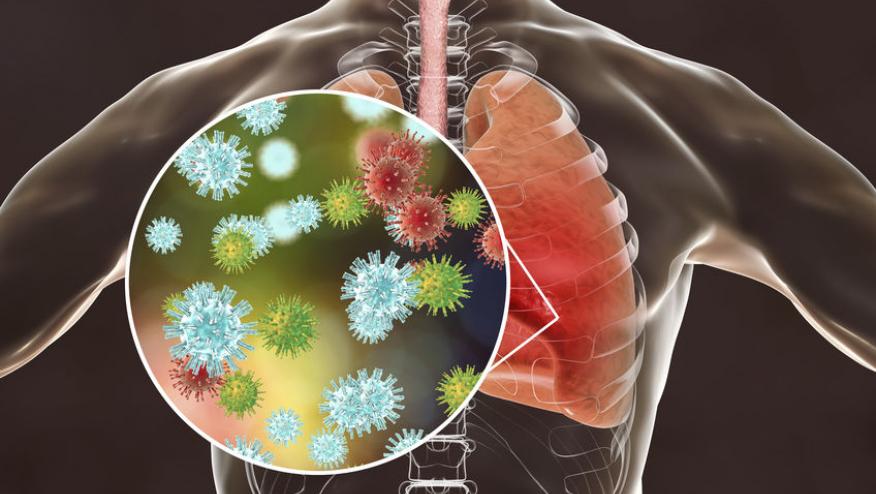Did Hydroxychloroquine Reduce COVID-19 Mortality? Save

A multicenter study investigated the association between hydroxychloroquine (HCQ) dosage and COVID-19 mortality among hospitalized patients from multiple medical centers in China. The analysis focused on dose effects of HCQ on mortality.
This retrospective cohort includes 2,387 COVID-19 patients admitted to 12 hospitals in Hubei Province between January and June 2020. Patients are categorized into three groups: non-HCQ use (n=1,124), low-dose HCQ (≤600 mg/day, n=893), and high-dose HCQ (>600 mg/day, n=370). The primary endpoint is all-cause mortality.
High-dose HCQ users were sicker, more likely to be male, older, and have preexisting conditions. Univariate analysis reveals significantly lower mortality in the low-dose HCQ group (15.2%) compared to non-HCQ (22.8%) and high-dose HCQ (28.9%) groups (p<0.001 for both comparisons). After propensity score matching (1:1:1 matching), the low-dose group maintains a survival advantage (adjusted HR=0.68, 95% CI: 0.51–0.90, p=0.008), while the high-dose group exhibits higher mortality (HR=1.32, 95% CI: 1.05–1.67, p=0.018). Subgroup analyses by disease severity show consistent benefits of low-dose HCQ in severe (HR=0.72, p=0.023) and critical (HR=0.65, p=0.011) patients, but no significant effect in mild cases.
Multivariate Cox regression identifies high-dose HCQ (HR=1.45, 95% CI: 1.12–1.87, p=0.005) and older age (HR=1.08 per year, p<0.001) as independent risk factors for mortality, while low-dose HCQ (HR=0.79, 95% CI: 0.63–0.99, p=0.04) and early treatment initiation (within 5 days of symptom onset, HR=0.64, p=0.002) are protective.
The authors suggest that HCQ’s immunomodulatory effects at low doses may reduce cytokine storm and viral replication. Mechanistically, HCQ’s inhibition of Toll-like receptor signaling and enhancement of autophagic antiviral responses are hypothesized to be dose-dependent.
This real-world data contrast with the negative results of the RECOVERY trial, potentially due to RECOVERY’s inclusion of higher-dose and later-treatment patients, highlighting the importance of dosing strategy and timing in HCQ therapy.
Another recent metanalysis of 11 studies (12,503 patients) gave mixed results. Four were observational cohort studies, and seven RCTs. Pooling all studies showed low-dose HCQ was associated with decreased mortality (OR = 0.73, 95% CI: [0.55-0.97], but not not affect the need for mechanical ventilation (OR = 1.03, 95% CI: [0.56-1.89]) or ICU admission rate (OR = 0.70, 95% CI: [0.42-1.17]). Pooling of only the RCTs showed no significant benefit to HCQ on COVID outcomes.
Join The Discussion
Good to see. I was attacked by the AMA and the Pharm aceutical organization when I wrote a resolution at the AMA to not penalized those who used standard doses of hydroxychloroquine in early patients when we did not have anything else available. The French study guided me in early Covid. Pharmacists would refuse to allow us the use it. The good news in Georgia we had wiser pharmacists. We also had a wise ally Harvey Risch MD from Yale who helped run interference. He was a strong ally. The AMA learned that they are not able to tell us how to practice medicine because they were burned severely. My only sadness was the AMA president at that time was from Atlanta.










If you are a health practitioner, you may Login/Register to comment.
Due to the nature of these comment forums, only health practitioners are allowed to comment at this time.